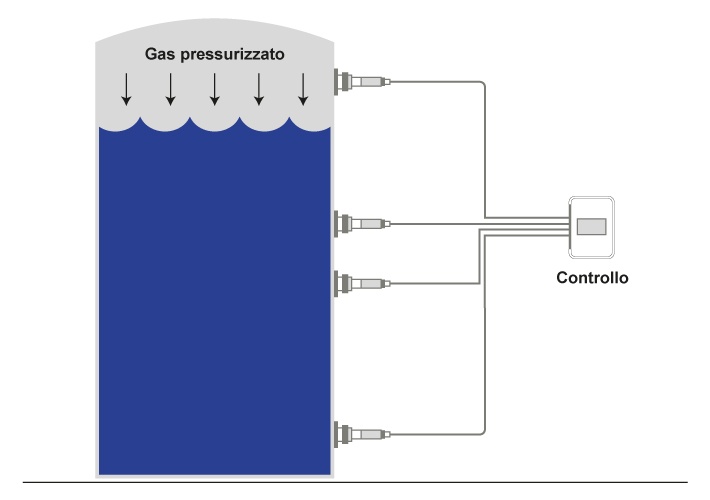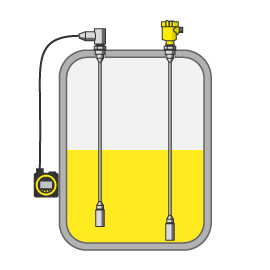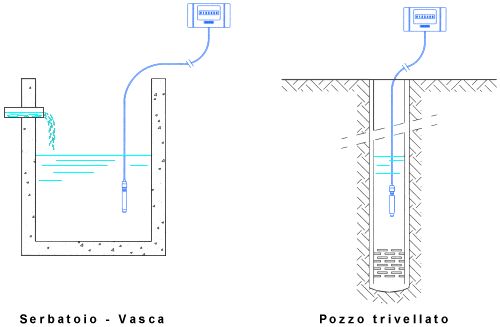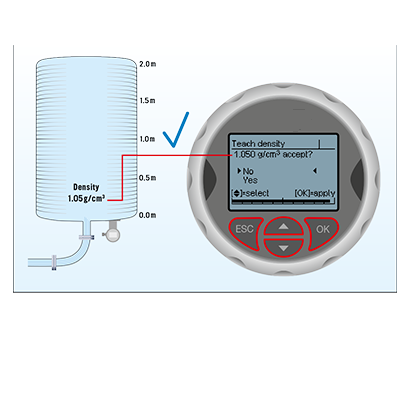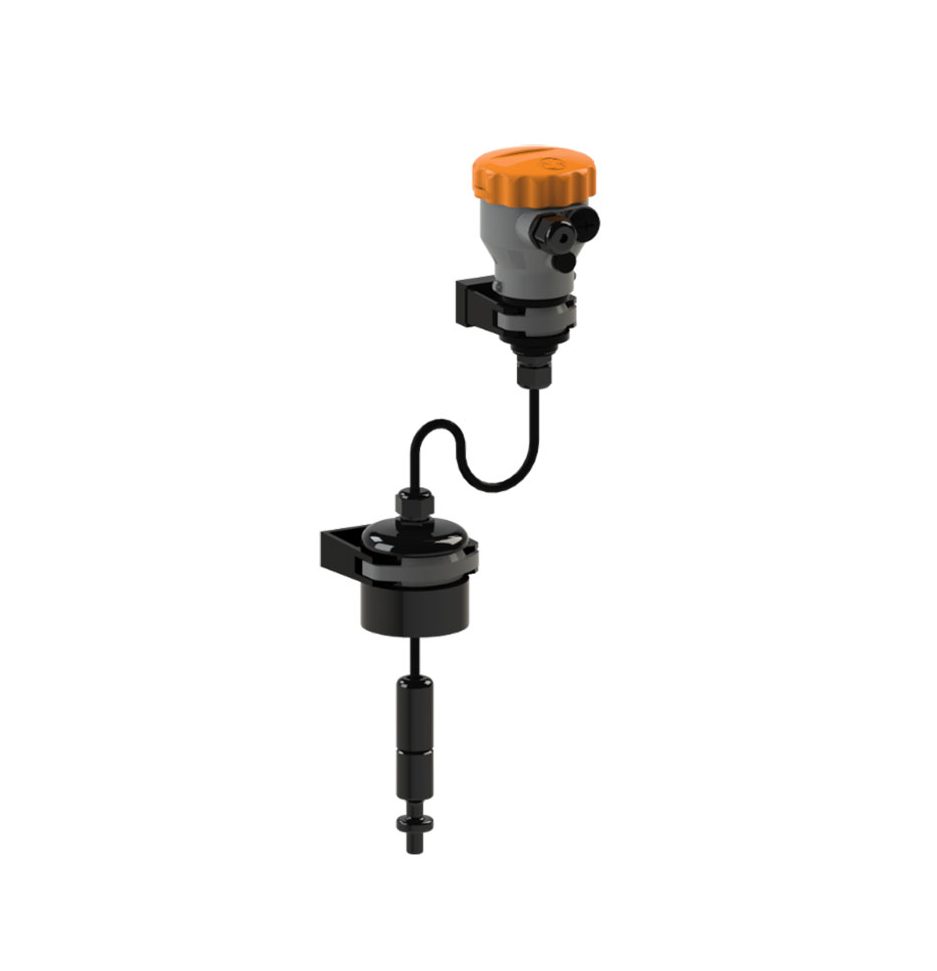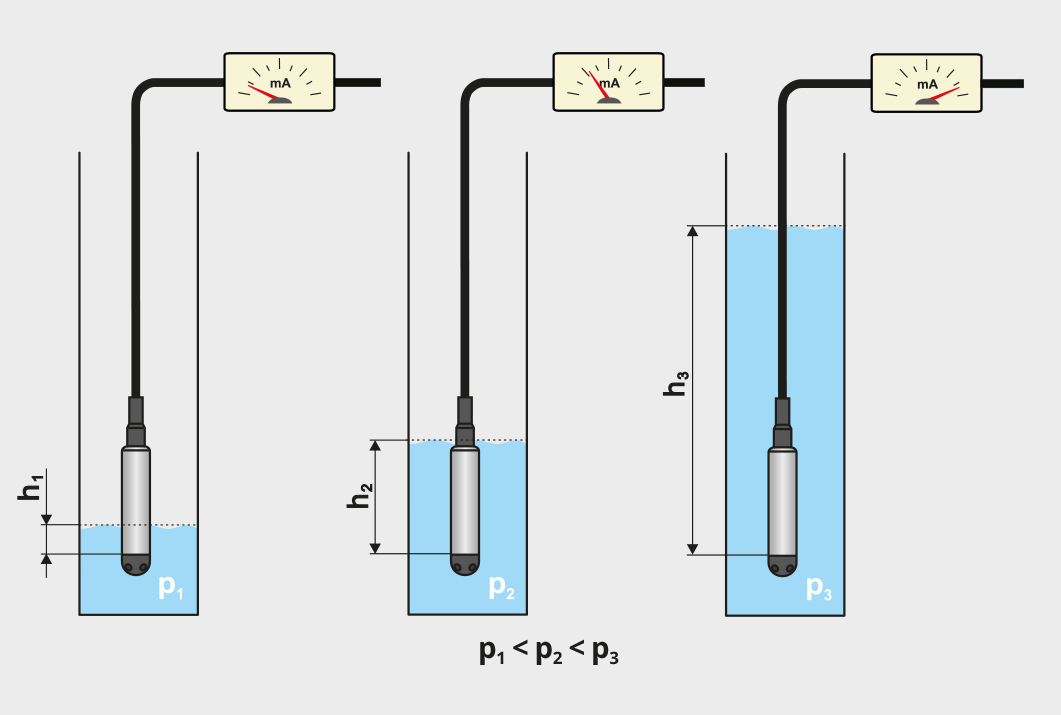
Sensore di livello idrostatico - LMP633-NLN (GP) - Shanghai LEEG Instruments Co.,Ltd. - piezoresistivo / per acqua / per carburante

Trasmettitore di livello 4-20mA strumento sensore di livello del liquido idrostatico ad immersione elettrica/controllo del livello di tipo investimento WLI100

PIEZOAS0-6mh20-10M | Sensori di livello ATMI serie PIEZO AS, montaggio con cavo, uscita 4-20 mA | RS

Sensore di livello idrostatico - CS-26/RS/U - APLISENS S.A. - per carburante / per serbatoio di carburante

Sensore di livello idrostatico - FKE FKDBM - FUJI ELECTRIC France - per liquidi / per cisterna / economico

Sensore di livello idrostatico di azoto liquido gamma 10m sensore di acqua di ammoniaca uscita 4 20ma|Strumenti per livellare| - AliExpress






